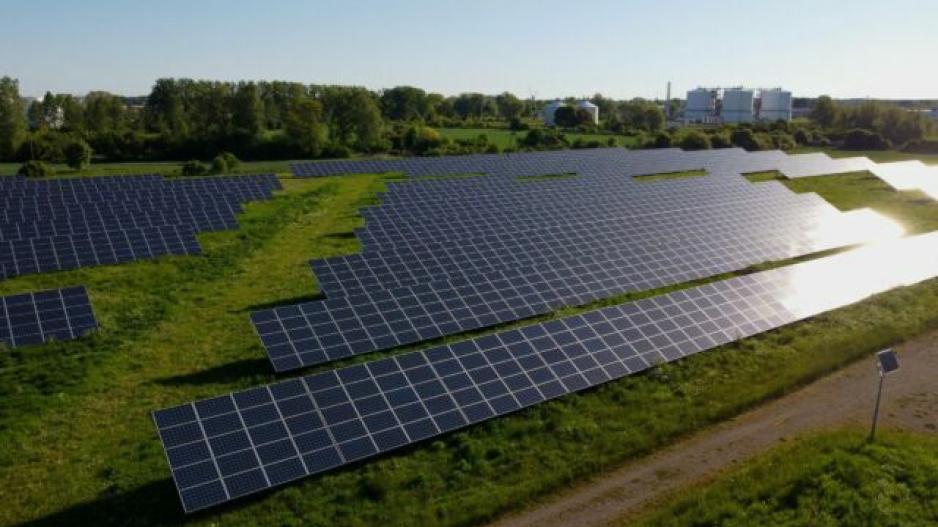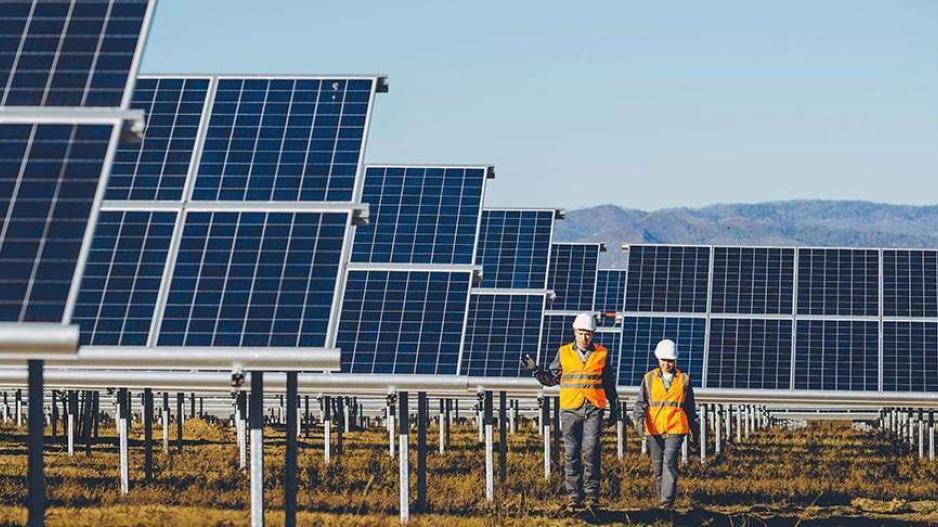Solar Panels on Agricultural Infrastructure Without Permits Under New Cyprus Law
Under the new law, a building permit is no longer required for photovoltaic system installations, provided specific criteria are met.
The Cyprus Parliament has passed a law facilitating the installation of photovoltaic systems on agricultural infrastructure for self-consumption without requiring prior approval from the relevant authority. The legislation, proposed by DISY MP Kyriakos Hadjiyiannis, was passed with 39 votes in favor.
Under the new law, a building permit is no longer required for photovoltaic system installations, provided specific criteria are met. These include:
-
Maximum system capacity of 100 kW.
-
Placement on agricultural structures (e.g., warehouses, tanks, greenhouses) or ground installations near such facilities, with a maximum height of 1.5 meters.
-
Ownership or use of the land by a registered farmer or related entity.
The law does not apply to land where unauthorized residential structures have been built.
Additionally, the exemption from permitting requirements has been extended to buildings with two co-owners (e.g., spouses or partners).

During the parliamentary session, DISY MP Kyriakos Hadjiyiannis emphasized that this measure responds to farmers’ demands, particularly given rising energy costs. He noted that while a formal permit is no longer required, it is considered issued, and relevant authorities will conduct necessary inspections to ensure compliance.
Stavros Papadouris, MP of the Movement of Ecologists – Citizens' Cooperation, stated that the law supports farmers and livestock breeders in transitioning to renewable energy sources (RES). He stressed that the Energy Parliamentary Committee included safeguards to prevent misuse of the law, referencing past instances where structures declared as agricultural warehouses were used for other purposes. Papadouris urged authorities to maintain strict oversight to prevent exploitation and ensure the law serves its intended purpose.
DIPA MP Michalis Yiakoumi described the legislation as a significant step toward facilitating and promoting RES use in the agricultural sector, which faces challenges due to high production costs. He highlighted that the law promotes energy independence and sustainability while reducing bureaucratic obstacles.
DIKO MP Chrysanthos Savvides welcomed the new law and clarified that for photovoltaic systems to be installed on boreholes, the boreholes must be properly licensed.






